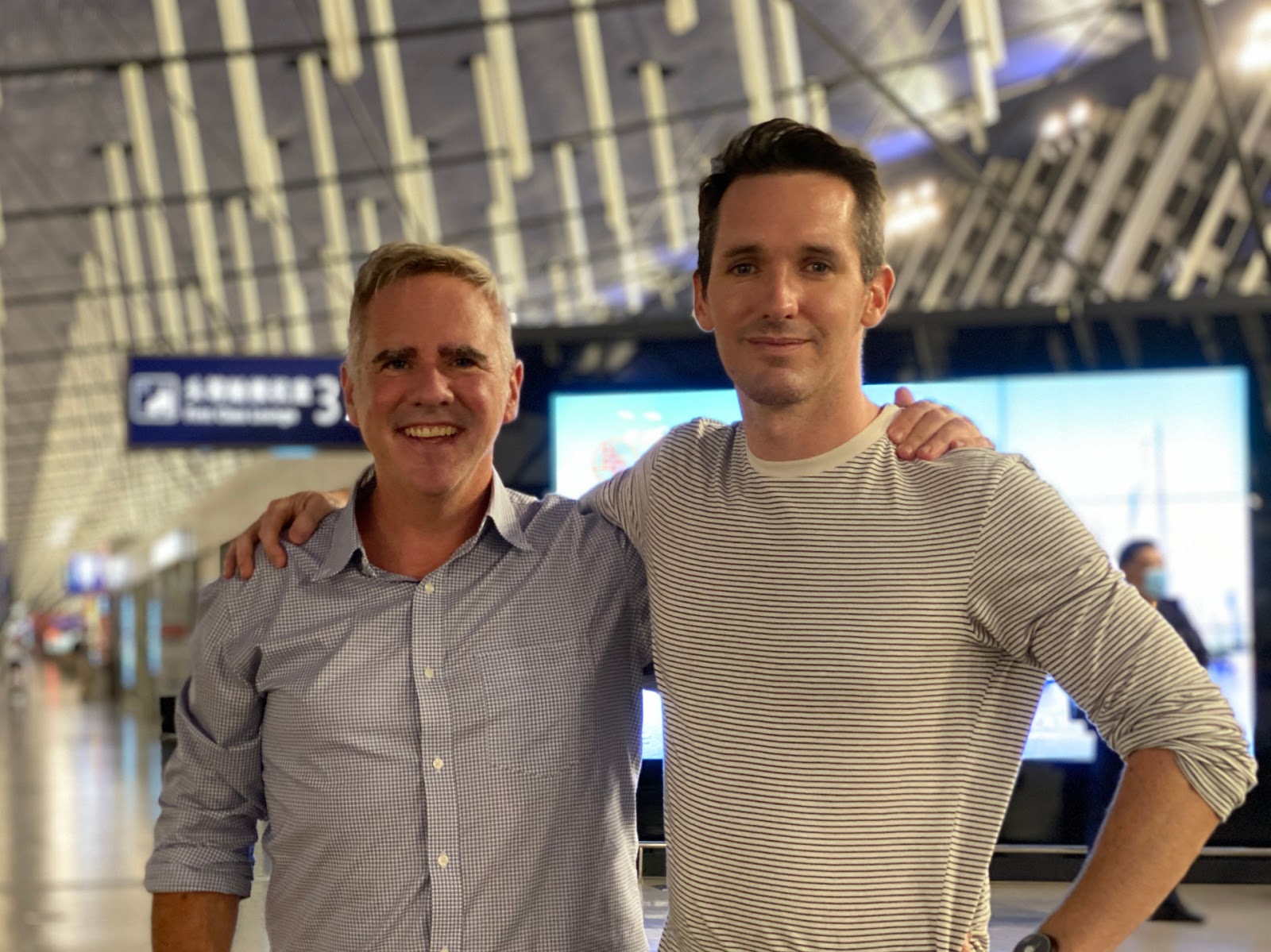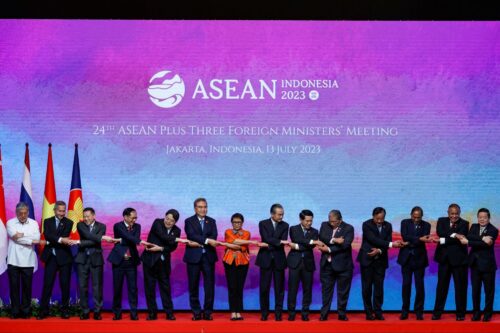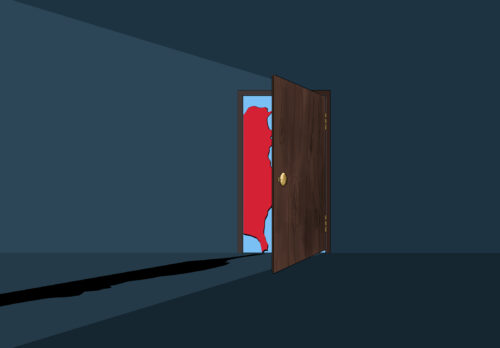Australian journalists flee China after diplomatic standoff
As Australia’s relationship with China reached new lows, Bill Birtles of the Australian ABC and Michael Smith of the Australian Financial Review both sought to leave the country. For five days, China blocked their exit, leading to tense diplomatic negotiations.

A week after news broke that a Chinese-born Australian citizen and journalist, Chéng Lěi 成蕾, had been detained without explanation in Beijing, the only two China-based reporters for Australian news outlets have fled the country. It is the latest sign of a severely damaged Australia-China relationship.
Both reporters — Bill Birtles of the Australian Broadcasting Corporation, and Michael Smith of the Australian Financial Review — were placed under exit bans last week, and only allowed to leave the country after five days of high-level diplomatic negotiations and a one-hour police interview, ostensibly connected to the case of Cheng Lei.
Here is a rough timeline of how and why the two Australian journalists left, based on reporting from the New York Times and the Guardian:
- August 14: The Australian government is notified of Cheng Lei’s detention.
- August 27: Consular officials contact Cheng via a video link.
- August 31: The Australian government announces that Cheng has been detained.
- “Early last week” — probably August 31 — Australian diplomats “cautioned Birtles that he should leave China,” and that warning was “repeated two days later” — probably September 2 — and ABC scheduled a flight out of China for him for September 3.
- September 2, midnight: As Birtles had a farewell party with friends in Beijing, seven police officers knocked on his door to inform him that he was under an exit ban, and that they would talk with him the following afternoon.
- At the same time, in Shanghai: Seven police officers visited the only other accredited Australian journalist in China, Michael Smith of the Australian Financial Review, at his apartment.
- September 3: Birtles took shelter in the Australian embassy in Beijing, and Smith went to the Australian consulate in Shanghai. Diplomats advised both men to refuse to be interviewed, citing their personal safety.
- September 7: Both men complete one-hour interviews with the police.
- September 8: Birtles and Smith arrive back in Sydney.
- Hours after they arrive: China confirms that Cheng Lei is being investigated for (still unspecified) national-security-related crimes.
Birtles, in his recounting of the police interview, says it was “very superficial stuff,” and that while he had met Cheng Lei, he did not know her particularly well and that he “certainly wouldn’t be the first person you would interrogate about her.”
Smith told the New York Times that “there was no good reason to draw him or Mr. Birtles into the case other than an attempt at intimidation,” and that they also asked him only basic questions about Cheng.
Smith’s employer denounced “heavy-handed intimidation” in an editorial, and noted that the exit of the two Australians “takes to 21 the number of foreign journalists forced to leave China since last year, mostly from American news organizations.”
More journalists at American outlets to be expelled?
“The Chinese government has stopped renewing press credentials for foreign journalists working for American news organizations in China,” the New York Times reports, and Beijing has “implied it will proceed with expulsions if the Trump administration takes further action against Chinese media employees in the United States.”
The affected outlets could include CNN, the Wall Street Journal, Bloomberg, and Getty Images.
Earlier context on The China Project:






